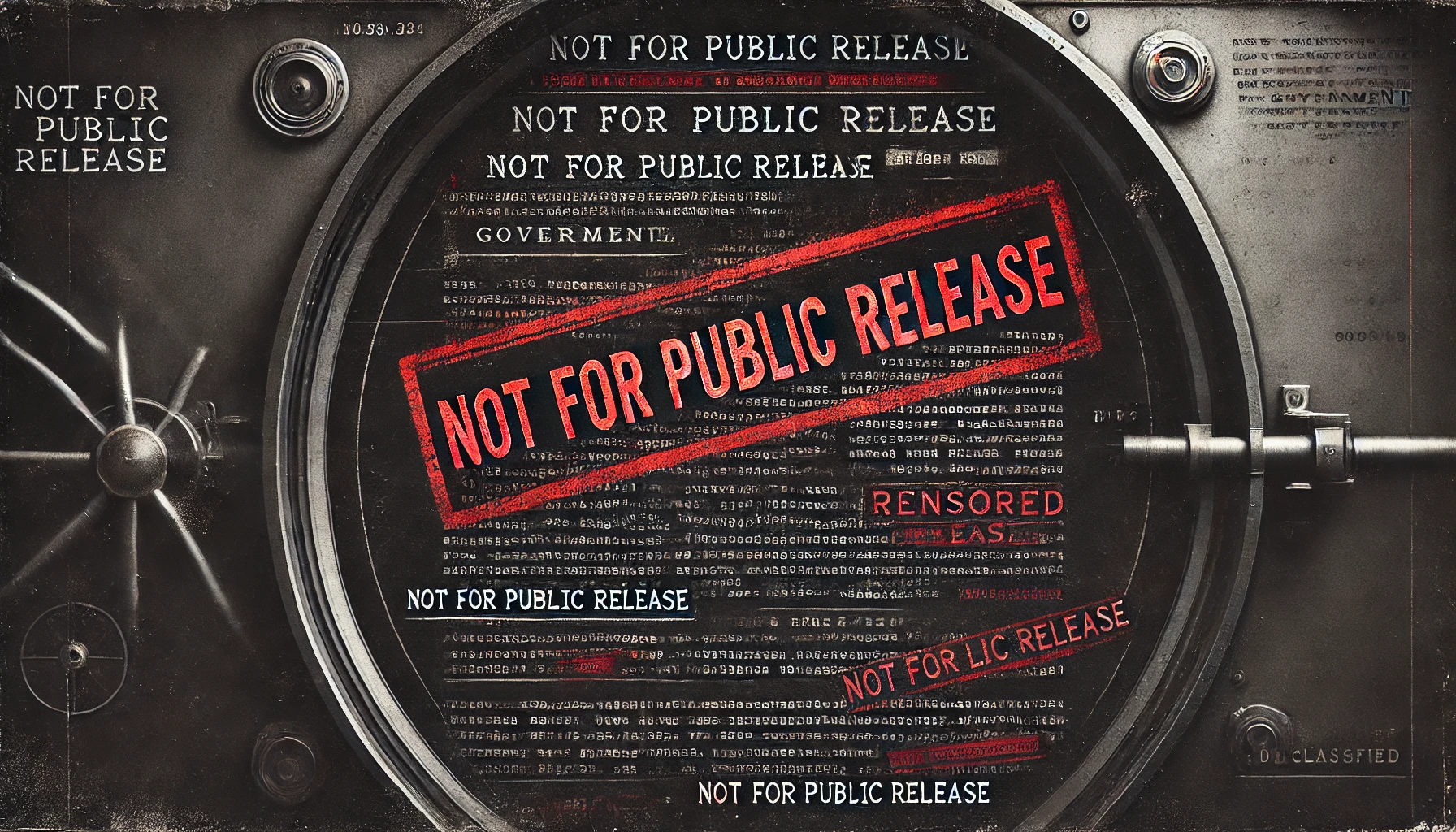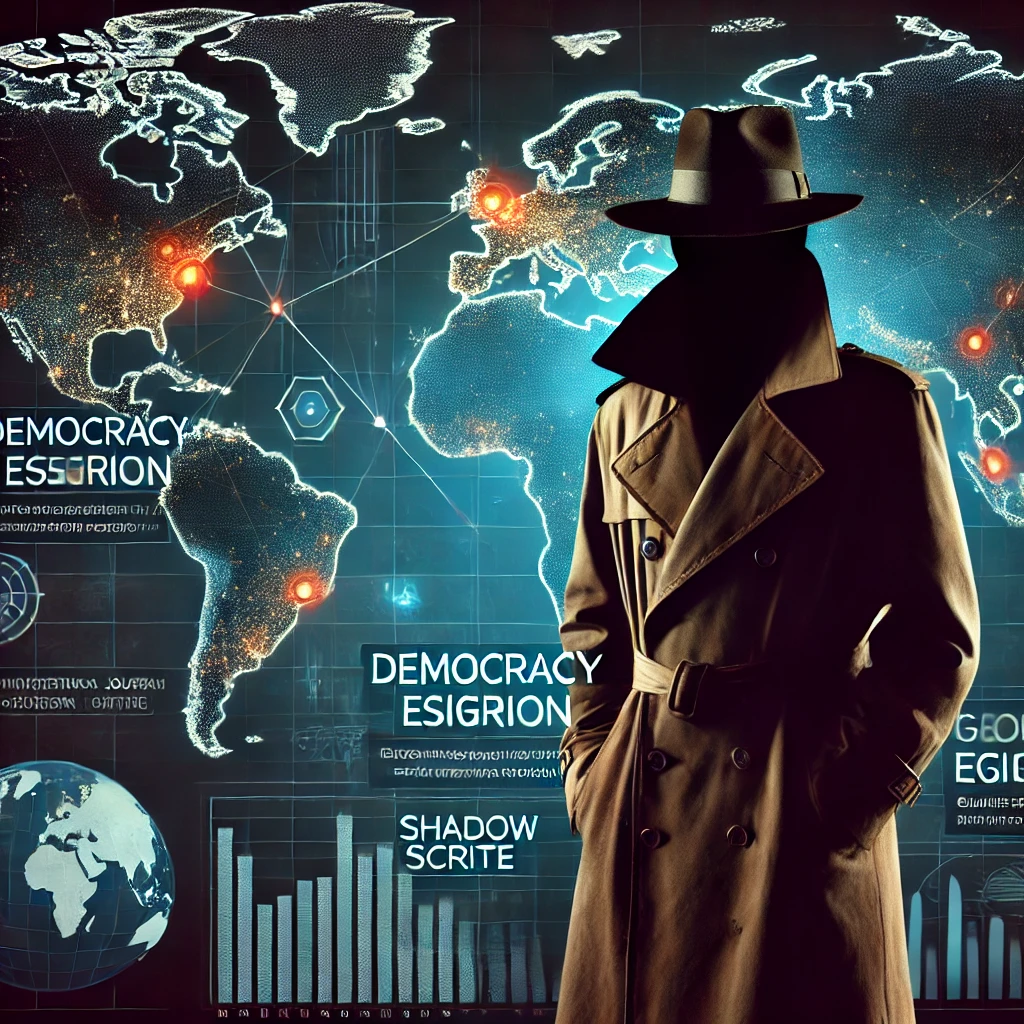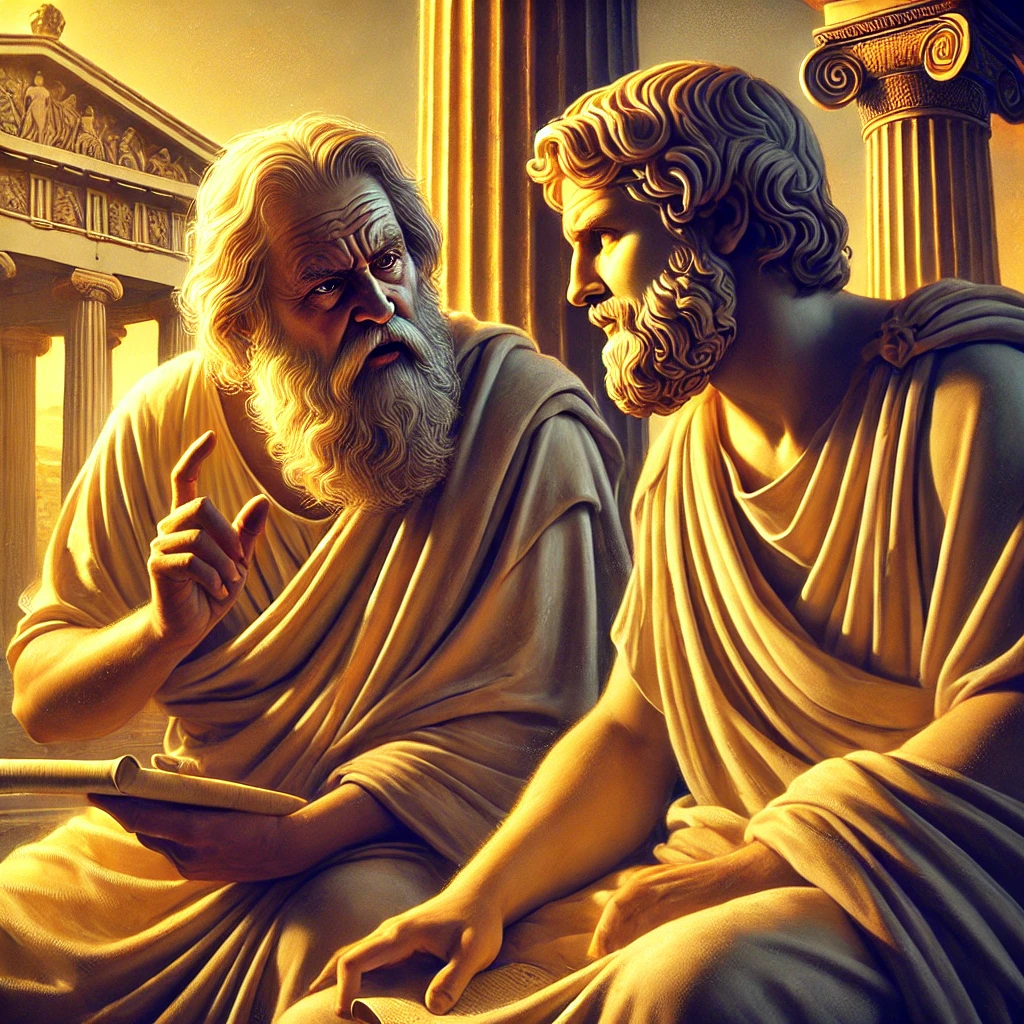As the world hurtles toward an uncertain future, the signs of democratic erosion and shifting global power dynamics are impossible to ignore. From the dismantling of critical government agencies to realignments in international relations, the warning lights are flashing. The question remains: Is the United States on the brink of authoritarian rule, and how does this play into the larger geopolitical landscape?
The Undermining of U.S. Institutions
A government thrives on its institutions, but what happens when those institutions are systematically dismantled? In a move that has sent shockwaves through the international community, the current administration has effectively frozen foreign aid and gutted the United States Agency for International Development (USAID). This shift represents a dangerous turn toward isolationism, leaving critical global humanitarian projects abandoned. The Atlantic’s deep dive into Trump’s strategy to dismantle USAID reveals the extent of this deliberate dismantling of U.S. soft power.
But that’s not all. A blueprint known as Project 2025 has emerged, outlining a radical plan to consolidate executive power in ways that could permanently alter the American democratic framework. The plan suggests a full restructuring of government agencies, replacing career officials with loyalists and significantly weakening the checks and balances that safeguard democracy.
Global Alliances Shift Toward Autocracy
While the U.S. grapples with internal upheaval, the global chessboard is also shifting. One of the most alarming developments is the realignment of the U.S. foreign policy stance, particularly in relation to Russia. The administration’s apparent willingness to appease Russian aggression in Ukraine could have far-reaching consequences. As detailed in The Atlantic’s analysis, this move plays directly into China’s hands, strengthening the China-Russia alliance while eroding U.S. influence in the international order.
This deepening Russia-China partnership has been raising alarms for years, but recent reports suggest it is now reaching a critical phase. The Guardian warns that this alliance could reshape global power structures, making it even more difficult for democratic nations to maintain a stronghold against authoritarian regimes.
The Role of Media and Civil Society
As democracy teeters on the edge, the role of the media and public engagement becomes more crucial than ever. The administration’s tactics of discrediting the press and controlling the narrative bear eerie similarities to past authoritarian regimes. The struggle to balance free speech with the prevention of extremism is a tightrope walk, as The Guardian explores.
The good news? There’s still time to act. The key to preventing this downward spiral lies in public awareness and civic engagement. The media, grassroots organizations, and concerned citizens must double down on efforts to expose and resist the slow creep of authoritarianism. Staying informed, supporting independent journalism, and actively participating in the democratic process are more important than ever.
The Final Warning
The battle for democracy is no longer a hypothetical discussion—it is happening now. The slow dismantling of institutions, the alignment of power with authoritarian forces, and the increasing suppression of critical voices are all signs of a nation at a crossroads. The next steps taken by both the government and the public will determine whether democracy in the U.S. survives or succumbs to the tides of history.
The time to stand up is now. Are we paying attention?







